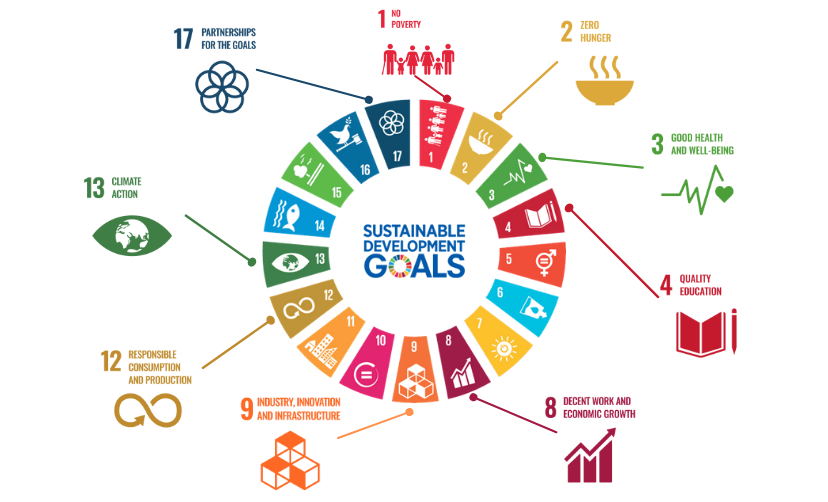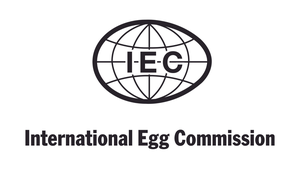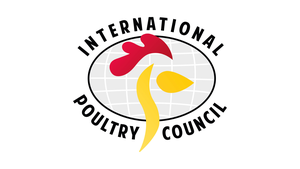Delivering Equitable and Sustainable Food Systems
Statement by the global egg and poultry meat sector.
As a society, we face a unique challenge. The challenge to not only address climate change now, but to also build robust sustainable agri-food systems that can immediately provide year-round access to adequate food to the 30% of the population who currently face periods of hunger, while also feeding an anticipated 2 billion more people over the next 30 years.
It is therefore essential that a holistic approach to sustainability, which also considers food security, affordability, nutrition and economic stability is central in our food systems.
The global livestock sector comprises over 1.3 billion farmers, ranchers, producers, processors and companies around the world ranging from small holders to large operations, all of whom are playing an essential role in the current food system, providing critical nutrition for millions around the world. With growing efforts to strengthen food systems to meet the UN Sustainable Development Goals (SDGs), the global egg and poultry sector is committed to delivering an equitable and sustainable food system which reduces poverty, improves gender equity, improves producer livelihoods and increases food security, while also improving the health of people and the planet.

Nutrition and Social Contributions
Healthy eating and sustainability are all about balance – animals and plants have a symbiotic, complementary relationship in terms of the environment, human health and nutrition. However, it is important to keep in mind that not all proteins are equal.
Animal proteins, such as eggs and poultry are complete proteins meaning they provide all of the essential amino acids our body needs. In addition to being the highest quality protein sources, animal proteins also provide key essential vitamins and minerals that are missing in the diets of many people around the world, in a form that is well absorbed by the body. This has led to the World Health Organization (WHO) describing animal source foods as the best source of high-quality nutrient-rich food for children aged 6-32 months.
Two billion people globally suffer from micronutrient deficiencies, while 149 million children under five suffer from stunting related to poor nutrition. Including animal sourced foods in the diet, such as poultry meat and eggs, can contribute to closing the nutritional gap.
Economic Contributions
One in six people worldwide depend on agriculture for their livelihood, creating a sector that contributes US$1.27 trillion to global economies and 40% of agricultural GDP. The Food and Agriculture Organization of the United Nations (FAO) calls livestock ‘the world’s third most important source of income’ and ‘an asset for economic resilience and income’.
With women representing 66% of the world’s poorest livestock keepers, owning livestock such as chickens has been an incredibly empowering tool for women living in areas where women have less access to land ownership.
Livestock offers a form of financial security and resilience, which during drought, flood or conflict can be relocatable, providing increased household income and nutrition. In addition, the unique scalability of poultry and egg production systems plays a key role in income generation and trade, while also providing food security.
Environmental Contributions
Animal products cannot come at the expense of the environment. Livestock can, and in many areas does produce nutritious food with practices and technologies which sustainably manage the planet’s natural resources. For example, animals convert low-biological-value protein foods, such as grain by-products which are less palatable and nutrient-dense, in to high-biological-value protein foods that are highly palatable and more nutrient-dense, contributing to food security and the circular economy.
Industrialised nations have reduced land use for livestock by 20% in recent decades while doubling production, thanks to innovation in animal nutrition, animal health, genetics etc. The FAO estimates livestock emissions can fall a further 30% through increased adoption of best practices and technologies.
The egg and poultry industries are committed to producing nutritious foods in environmentally sound and responsible ways. This has been demonstrated through the International Egg Commission’s (IEC) Global Initiative for Sustainable Eggs (GISE) and the International Poultry Council’s (IPC) Declaration of Sao Paulo, which outline the sector’s commitment to support the UN SDG’s.
The global egg and poultry sector can help accelerate efforts to build a diverse and resilient global food sector. Nutrient-dense animal source foods, such as poultry meat and eggs, are critical for nutritious, environmentally sustainable and equitable food systems.
Download PDF statement
